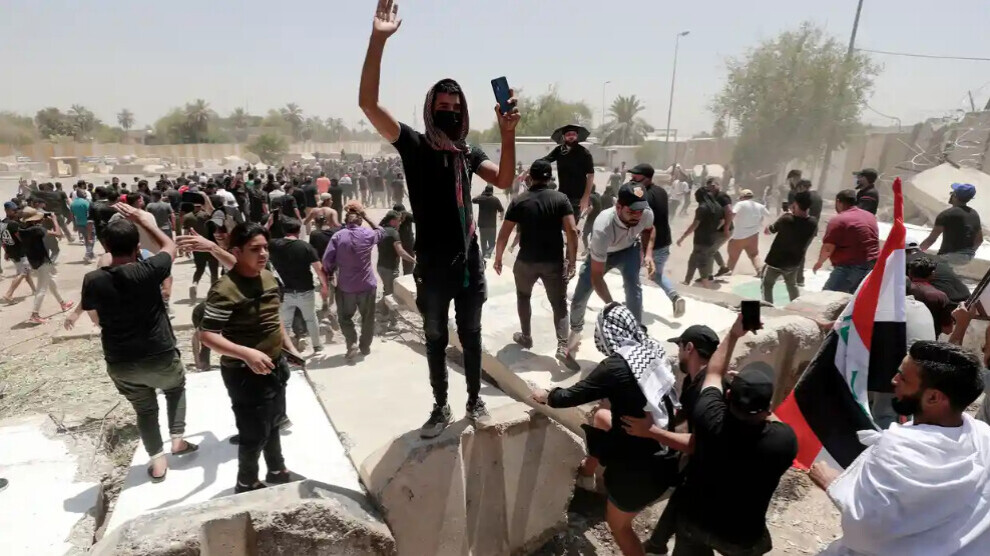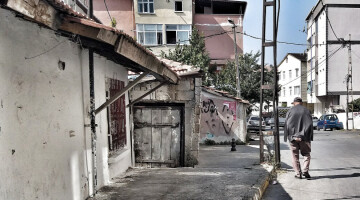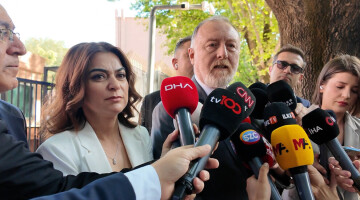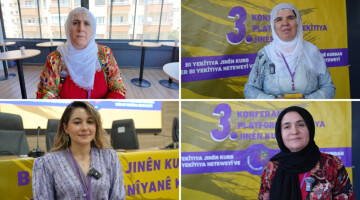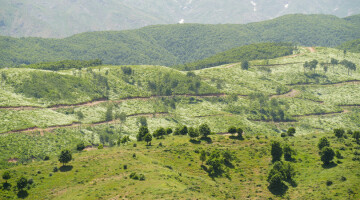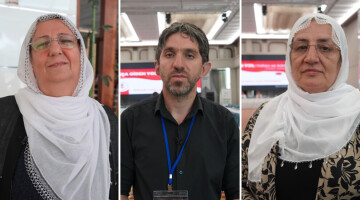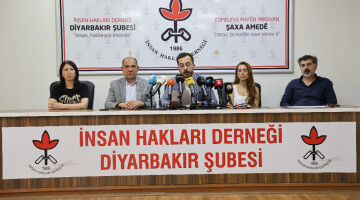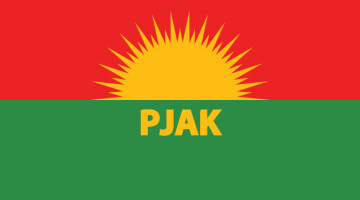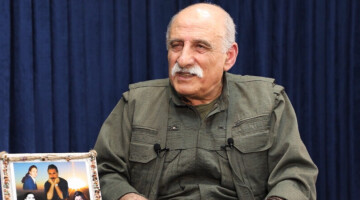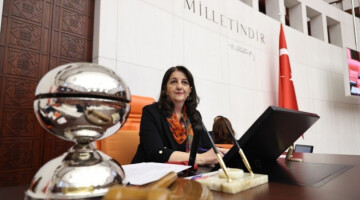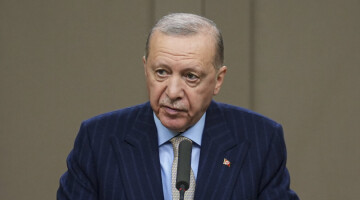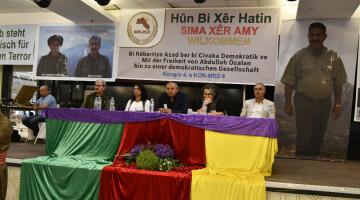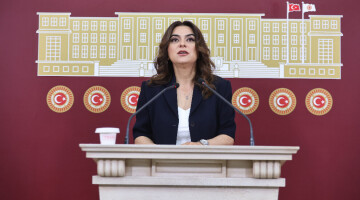More than a hundred people were injured in clashes with security forces in the Iraqi capital Baghdad on Saturday. Police and military used tear gas, water cannons and sound bombs to prevent supporters of the Shiite cleric Moqtada Al-Sadr from entering the Green Zone. According to the Ministry of Health, about 125 people were injured, including two dozen security officers.
The highly secured Green Zone in the centre of Baghdad houses numerous government institutions and the Iraqi parliament, as well as several embassies, including the US diplomatic mission. Security forces were unable to prevent the storming of the parliament building, and angry demonstrators moved in and started a sit-in. TV images showed mostly young people in the chamber holding up photos of Al-Sadr to the cameras.
Caretaker Prime Minister Mustafa Al-Kadhimi, who is currently commander-in-chief of the Iraqi armed forces, called for peace and urged the demonstrators "not to escalate the situation". In a statement, Al-Kadhimi urged Sadr supporters to abide by the orders of the security forces, stressing that the security forces "have a duty to protect official institutions and must take all legal measures to maintain order". The acting prime minister called on the political camps to engage in dialogue. "I appeal to everyone to be calm, reasonable and patient and not to be carried away into a showdown."
It is already the second time within a few days that the followers of the Shiite cleric have invaded parliament. The Al-Sadr movement wants to prevent the hostile camp around ex-head of government Nuri al-Maliki and his alliance from forming a government. The latter recently nominated Mohammed Shia al Sudani for the post of prime minister. From al-Sadr's point of view, however, the former minister is much too close to al-Maliki. Both Shiite camps regard each other as opponents.
Describing the recent escalation of tensions as "deeply concerning", the United Nations Assistance Mission for Iraq (UNAMI) wrote on Twitter: "Voices of reason and wisdom are critical to preventing further violence. All actors are encouraged to de-escalate in the interest of all Iraqis.”
A power struggle has been raging in Iraq since the parliamentary election in October 2021. Al-Sadr's list had won the most seats then and was trying to form a government. In the end, however, he and his party resigned from parliament. Since then, the formation of a government has been at an impasse. Experts interpreted the withdrawal from politics as a move to put pressure on parties through mass protests.

